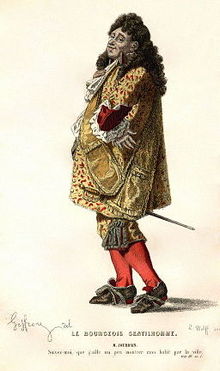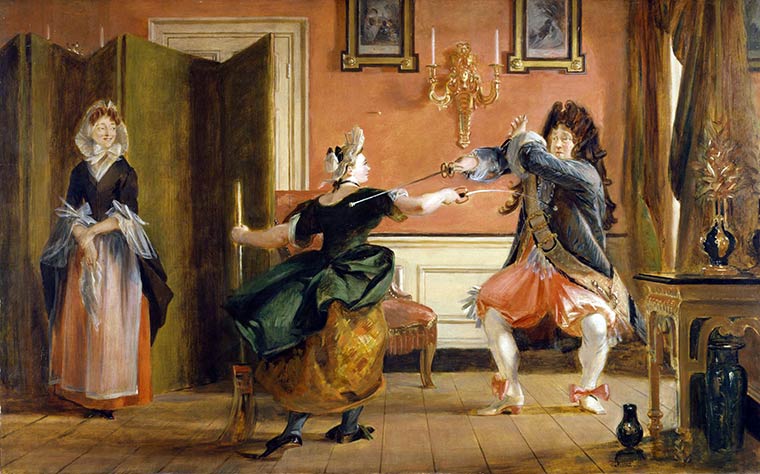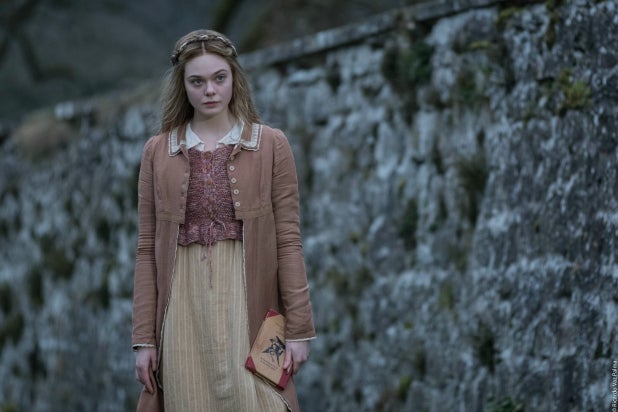Periodically in these reviews, I feel the need to revisit the question (mainly to demonstrate that I am aware that it exists) of why I should bother to write a commentary on these works of literature that are already so well known and expertly explained by the greatest and most interesting minds spanning many centuries. Of course I am not really trying to explain anything to anybody, if I ever was doing that, other than my own experience of this as a kind of pilgrimage, and the particular landscapes, or countries, or ages, through which it passes, and the impressions, fleeting thoughts, or even crossing of paths with the occasional fellow traveler I encounter there. It is a class of narrative I have always been fond of and I thought it at least possible that the cumulative effect of noting my reactions and how they intersected with what was going on in my mind over a long period might add up to something of interest.
Coming to this especially evoked that feeling of having arrived via some fog-shrouded forest path in a remote and strange, if somewhat jolly old hall, perhaps a somewhat more modest version of the castle of Chambord, where the play had its debut before King Lewis XIV to cap off a day of hunting, the entire theatrical company and its sets, costumes, musical instruments, etc, having been brought down on a four day's journey from Paris at great expense. This great cultural epoch of later monarchial France has, I feel, grown especially far away from me in these last years. While it never occupied a central place in my studies or the formation of my worldview, I did have in my youth some basic familiarity with the art and philosophy and history and architecture of that age, but then for many years it seems I did not follow up much on this foundation and I got rather old. But there is considerable charm in revisiting its literature, especially in contrast with the unrelentingly dark and despairing art of our present age, and for most of the entertainment I found it highly pleasing to be back among such spirits.
The I.W.E. introduction contains nothing I find to be of interest so I am skipping over it.
Act I (p.329) The Music Master: "But you can't live on applause; praise alone won't pay the rent...the best hand people can give us is a hand with cash in it."
Act III (pps. 352-3) Nicole: "I've also heard, madame, that to top it off he took on a philosophy teacher today." M. Jourdain: "Quite right. I want to sharpen my wits, and be able to discuss things among intelligent people." Mme Jourdain: "One of these days you'll be going to school to get yourself whipped, at your age." M. Jourdain: "Why not? I wish to heaven I could be whipped now, in front of everybody, if I could know what one learns in school."
This sounds eerily like me doing this blog.
Challenge Time
1. Margaret Atwood--The Testaments...........................................................................11,627
2. Chinua Achebe--Things Fall Apart.............................................................................3,118
3. I Love Lucy (TV Show)...............................................................................................2,157
4. Gentlemen Prefer Blondes (movie-1953)....................................................................1,148
5. The Great Dictator (movie-1940)..................................................................................900
6. Julia Quinn--An Offer From a Gentleman.....................................................................596
7. Mary Shelley--The Last Man.........................................................................................240
8. Viviana Durante--Ballet: The Definitive Illustrated Story.............................................217
9. Sandra Ingerman--The Book of Ceremony.....................................................................201
10. Moliere (movie--2007).................................................................................................166
11. Dorothy Dunnett--The Unicorn Hunt.............................................................................72
12. G. K. Chesterton--Charles Dickens................................................................................18
13. New Order--"Ceremony" (song--1987)...........................................................................16
14. Hesiod--The Homeric Hymns..........................................................................................11
15. Marilyn Manson--"The Fight Song" (song--2001).........................................................10
16. Christopher Durang--The Marriage of Bette and Boo......................................................8
1st Round
#1 Atwood over #16 Durang
Durang is a "troubled marriage" play from 1973, and even though those types of works tend not to have aged well, I was tempted to take it over the sequel to The Handmaid's Tale. However I have kind of made it a rule for the time being to stick with powerhouse authors and overwhelming favorites, especially in the first round, where no mitigating circumstances intervene.
#2 Achebe over #15 Manson
This is quite a matchup. I tried watching the video for this Marilyn Manson song. It's really not my kind of thing.
#14 Hesiod over #3 I Love Lucy
Speaking of stellar matchups.
#4 Gentlemen Prefer Blondes over #13 New Order
While New Order is, or at least was at one time, more in my line of musical taste, this particular song does not do much for me either.
#12 Chesterton over #5 The Great Dictator
I do like that I have a couple of classic movies that I haven't actually seen before to add to that list.
#6 Quinn over #11 Dunnett
In the battle of the genre books, Quinn is shorter.
#7 Shelley over #10 Moliere
#9 Ingerman over #8 Durante
Ingerman wins on length and for appearing to be a more conventionally readable book. Viviana Durante is a well-known real Italian ballerina however, and a lovely specimen of an artistic European person for us, so she merits a picture, as long as it stays up.
#1 Atwood over #14 Hesiod
This is another shaky win for Atwood in an unconventional matchup where I am not sure of the form of the Hesiod book and whether I would get anything out of trying to read it.
#2 Achebe over #12 Chesterton
A good matchup here. I would like to get to both of these authors someday. Achebe is probably more essential in contemporary literary culture, especially the mainstream of it.
#9 Ingerman over #4 Gentleman Prefer Blondes
#7 Shelley over #6 Quinn
A pretty strong final four.
Semifinals
#9 Ingerman over #1 Atwood
Ingerman benefited from favorable opponents to get to this point, but her book is just the right length and level of seriousness to take out a #1 seed I was looking for an excuse to defeat
#7 Shelley over #2 Achebe
Everything was set up for Achebe to break through and win the tournament, but going up against another well-regarded book with an upset factor spelled doom in the semifinal game.
Championship
#7 Shelley over #9 Ingerman






No comments:
Post a Comment